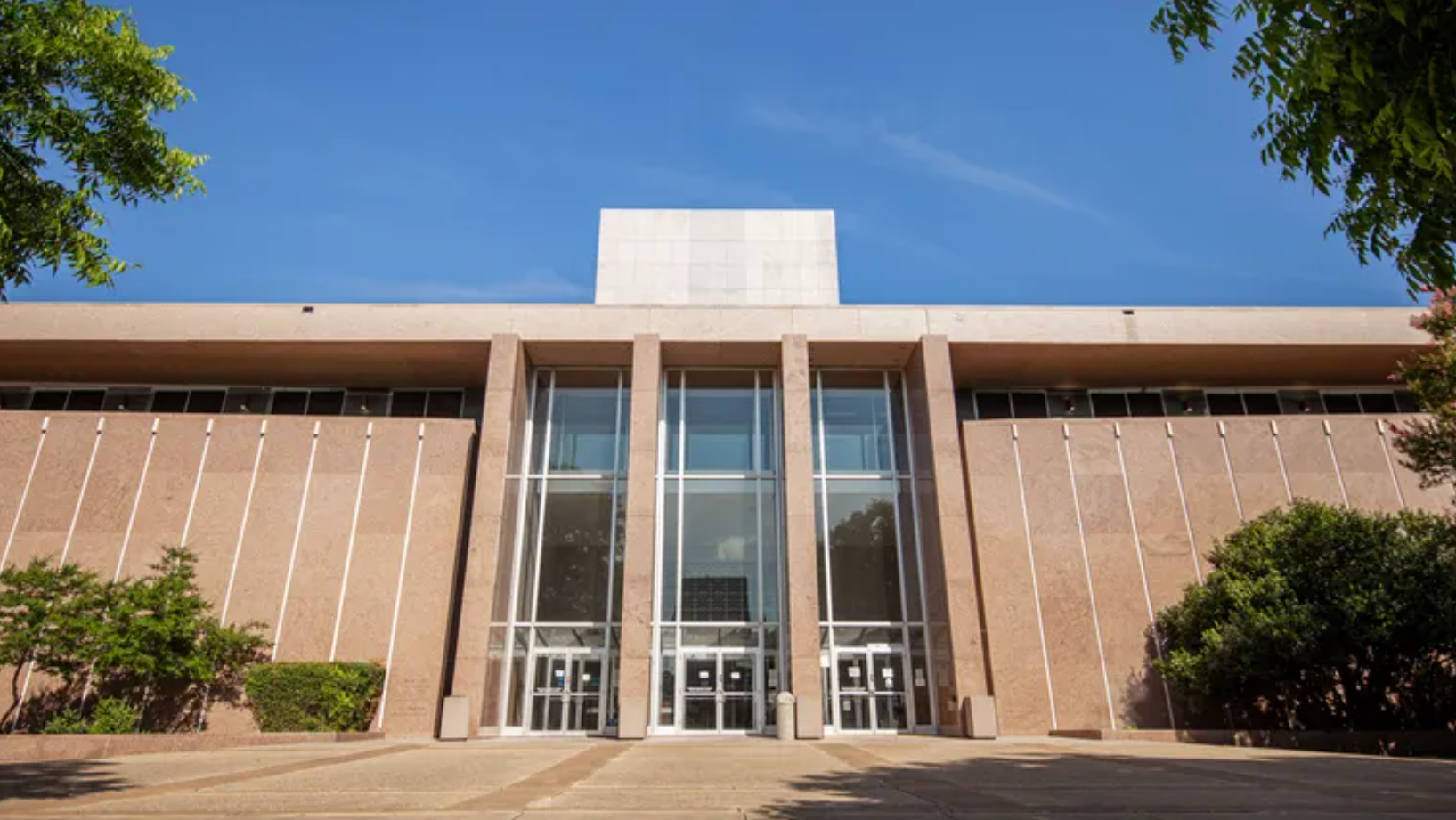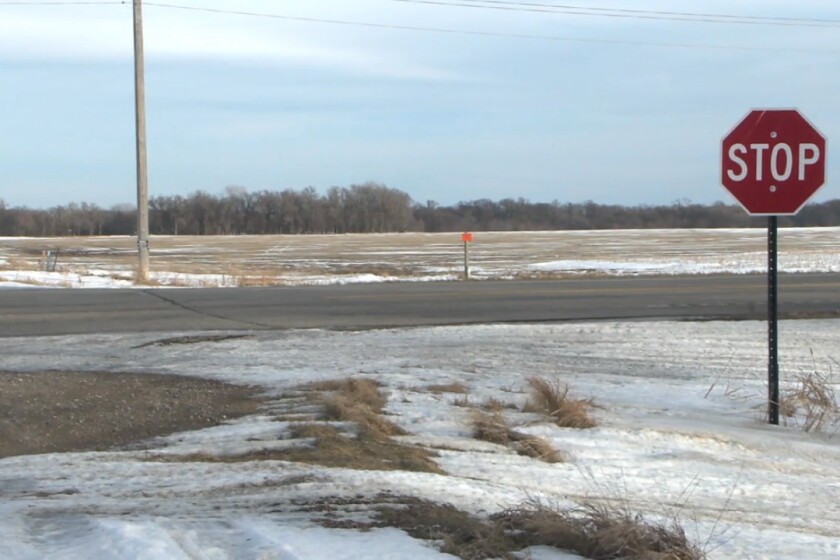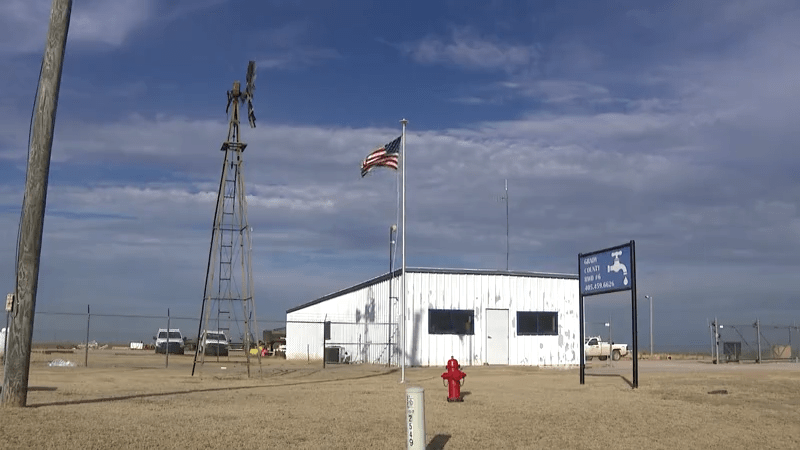UPDATE: In a groundbreaking decision, the Texas Supreme Court has just enabled judges to refuse to perform wedding ceremonies, citing personal religious beliefs. This ruling, which impacts the rights of same-sex couples, raises urgent questions about constitutional protections under the law.
The newly adopted judicial conduct code allows judges to abstain from officiating weddings based on “sincerely held religious beliefs.” Experts, including constitutional law specialist David Coale, warn that while options for alternative judges exist, the ruling could challenge the constitutional right to equal protection.
“It’s unclear how this will play out for same-sex couples seeking marriage in Texas,” Coale stated. The decision comes in the wake of significant changes in the state regarding LGBTQ+ rights and has immediate implications. Coale emphasized that the U.S. constitutional guarantee of equal protection is at stake, referencing landmark cases like Obergefell vs Hodges, which affirmed the right to marry for same-sex couples.
The ruling follows a history of controversy in Texas, particularly after a Central Texas judge faced disciplinary action for refusing to preside over same-sex weddings. Following this, the new conduct code went into effect immediately, allowing judges to reject weddings based on personal beliefs without violating ethical standards.
Coale raised critical questions about the implications of this ruling. “If a judge can simply direct couples to another judge nearby, does that truly solve the issue? Are we comfortable with this kind of workaround?” he questioned. He believes that the fundamental principles established by the Obergefell ruling, which underscore equal treatment under the law, remain largely intact despite the new code.
The timing of this decision is particularly concerning for the LGBTQ+ community in Texas, as state lawmakers have recently made moves that seem to undermine LGBTQ+ rights. Earlier this month, Gov. Greg Abbott announced a ban on political symbols, including the popular rainbow crosswalks that signify support for the Pride community.
The implications of this ruling extend beyond marriage licenses. As Coale pointed out, even seemingly minor distinctions can significantly impact fundamental rights. “The symbolic value is crucial; it raises serious questions about equality and treatment under the law,” he stated.
As the Supreme Court of the United States (SCOTUS) weighs the possibility of hearing cases challenging same-sex marriage, including one involving a Kentucky county clerk who denied marriage licenses due to her religious beliefs, the situation in Texas could serve as a bellwether for broader national trends regarding LGBTQ+ rights.
With these developments unfolding, the conversation about the intersection of personal beliefs and legal obligations continues to escalate. Experts and advocates are closely monitoring the situation to see how it will affect the rights of same-sex couples in Texas.
Stay tuned for updates as this story develops, impacting not just Texas but the entire landscape of marriage equality across the nation.







